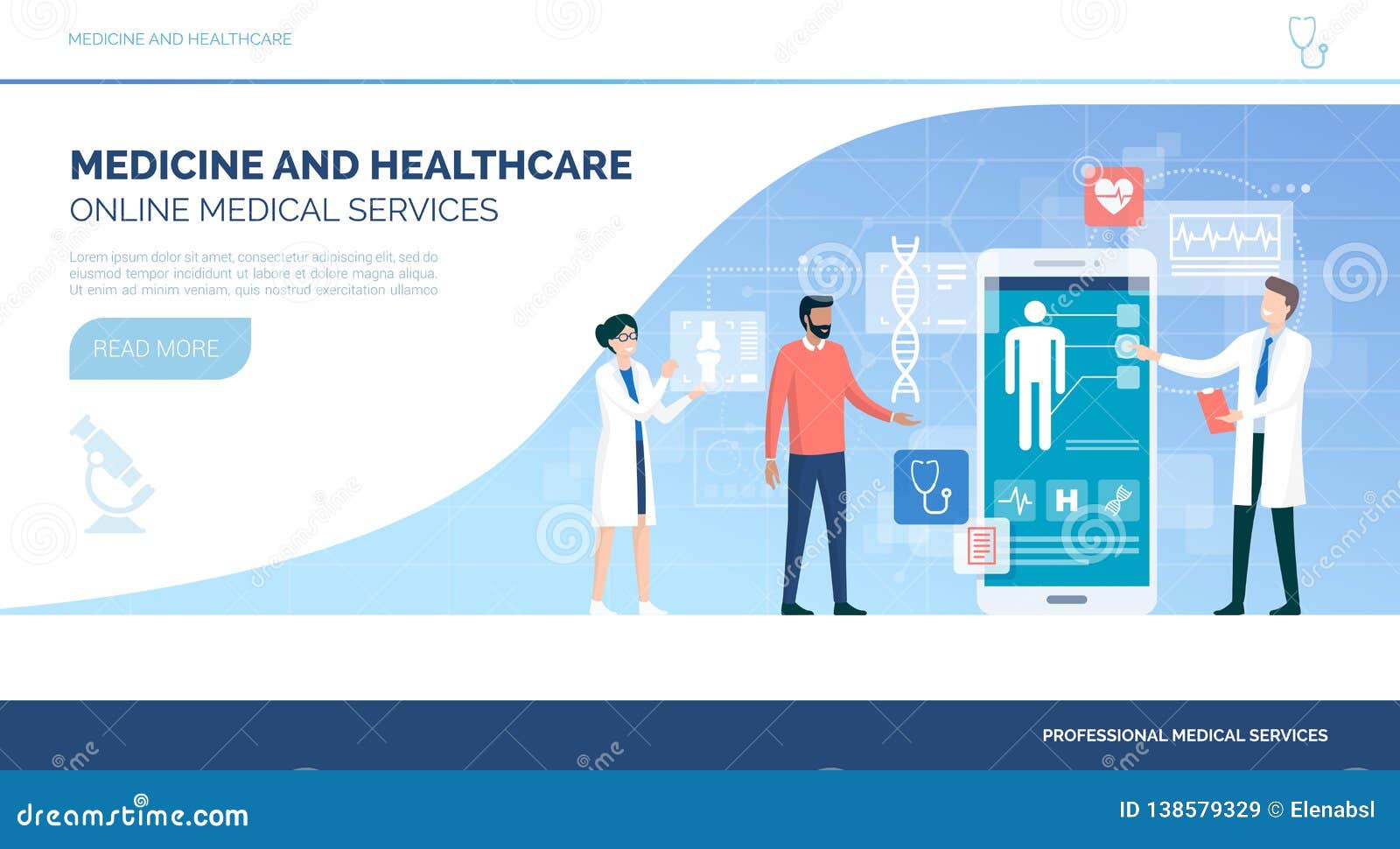Recognizing the Expense Savings of Subscription Based Healthcare for Families
Recognizing the Expense Savings of Subscription Based Healthcare for Families
Blog Article
The Surge of Subscription-Based Healthcare and Its Effect on Person Treatment
As medical care progresses, the subscription-based model is gaining grip, promising to revolutionize person care by supplying predictability and access. The capacity for these models to improve healthcare distribution raises pushing concerns concerning their long-lasting sustainability and inclusivity. Are these subscription services the future of medical care, or do they run the risk of leaving vulnerable populaces behind?
Understanding Registration Medical Care Versions
Understanding the principle of membership medical care models entails taking a look at a transformative approach to medical solutions that stresses affordability and access. These models, often referred to as straight health care (DPC) or concierge medication, have actually emerged as ingenious options to conventional fee-for-service healthcare systems. Subscription health care permits patients to pay a fixed regular monthly or yearly cost for a specified set of medical solutions, which may include limitless office brows through, routine examinations, and basic lab tests, without the requirement for conventional insurance coverage payment.
The structure of subscription medical care models is made to simplify patient care by eliminating third-party payers and complex billing codes, thus lowering management burdens. Health care providers can focus much more on client care, fostering stronger patient-provider relationships. This design also advertises preventative treatment by encouraging routine sees, as the economic challenge of per-visit fees is eliminated.
The membership design commonly equips doctor to handle smaller client panels, permitting even more tailored treatment. It aligns financial motivations with individual health and wellness outcomes, as service providers are motivated to keep individual complete satisfaction and well-being. On the whole, understanding registration health care designs requires identifying their prospective to improve exactly how care is supplied and accessed.
Benefits for Suppliers and clients

With a stable revenue stream, healthcare specialists can dedicate more time to each patient, leading to a much more complete and customized treatment experience. The emphasis on precautionary treatment within subscription strategies can lead to better individual end results and decreased lasting healthcare expenses.
Challenges and Issues
While subscription-based health care designs existing countless advantages, they likewise come with a collection of difficulties and worries that need to be resolved. This elevates moral concerns regarding equitable access to healthcare solutions.
Financial sustainability of subscription-based versions is one more issue. Suppliers must stabilize the set income from subscriptions with the variable prices of medical care solutions, which might rise and fall as a result of unanticipated medical needs. This can create pressure to limit solutions or increase costs, possibly impacting patient contentment and care high quality.
Furthermore, regulatory oversight of subscription-based health care versions is still advancing. Addressing these challenges is vital for the effective and fair execution of subscription-based medical care.
Influence On Patient-Doctor Relationships
One significant impact of subscription-based healthcare designs on patient-doctor connections is the capacity for enhanced continuity and personalized care. By taking on a registration version, physicians can take care of a smaller sized person panel, permitting for even more specialized time with each individual. This raised availability fosters a deeper understanding of a person's case history, way of living, and choices, allowing extra customized therapy strategies and treatments.

Nevertheless, view it is very important to recognize that while subscription-based versions may profit those who can manage them, they might inadvertently broaden health care differences. Clients who are incapable to take part in these models could experience reduced accessibility to individualized care, possibly affecting their relationships with health care companies. Thus, while the registration model uses promising benefits for patient-doctor relationships, it likewise postures difficulties that require to be dealt with to ensure fair medical care gain access to.
Future of Medical Care Access

The function of modern technology can not be forgotten in this makeover. Telemedicine platforms and digital health documents help with seamless communication between patients and healthcare suppliers, damaging down logistical and geographical barriers. Additionally, innovations in synthetic intelligence and data analytics can better individualize healthcare by forecasting individual needs and enhancing treatment plans.
However, the future of medical care accessibility likewise offers challenges, such as guaranteeing equity throughout various socio-economic groups. Policymakers and doctor must collaborate to link the digital divide, ensuring that subscription-based versions stay budget friendly and inclusive. As these systems mature, they hold the pledge of making health care more have a peek at this site easily accessible, efficient, and patient-centric.
Conclusion
Subscription-based medical care models are reshaping person care by supplying a secure cost structure and boosting accessibility. These designs reinforce patient-provider relationships through customized treatment and normal gos to, highlighting preventative wellness. Despite these benefits, difficulties such as access concerns for low-income populations and the need for equitable health care remedies linger. The increase of subscription-based health care urges aggressive patient engagement, which has the prospective to enhance individual outcomes and fulfillment, signifying a transformative shift in health care distribution.
As healthcare advances, the subscription-based design is acquiring traction, promising to reinvent patient care by supplying predictability and accessibility.Subscription-based healthcare designs offer unique benefits for both patients and suppliers, improving the general healthcare experience.As medical care systems advance, the future of health care gain access to often pivots on the integration of innovative models and modern technologies.Subscription-based medical care designs are reshaping client treatment by providing a stable expense framework and enhancing accessibility. The surge of subscription-based healthcare motivates positive patient interaction, which has the potential to boost patient results and fulfillment, signaling a transformative shift in medical care shipment.
Report this page